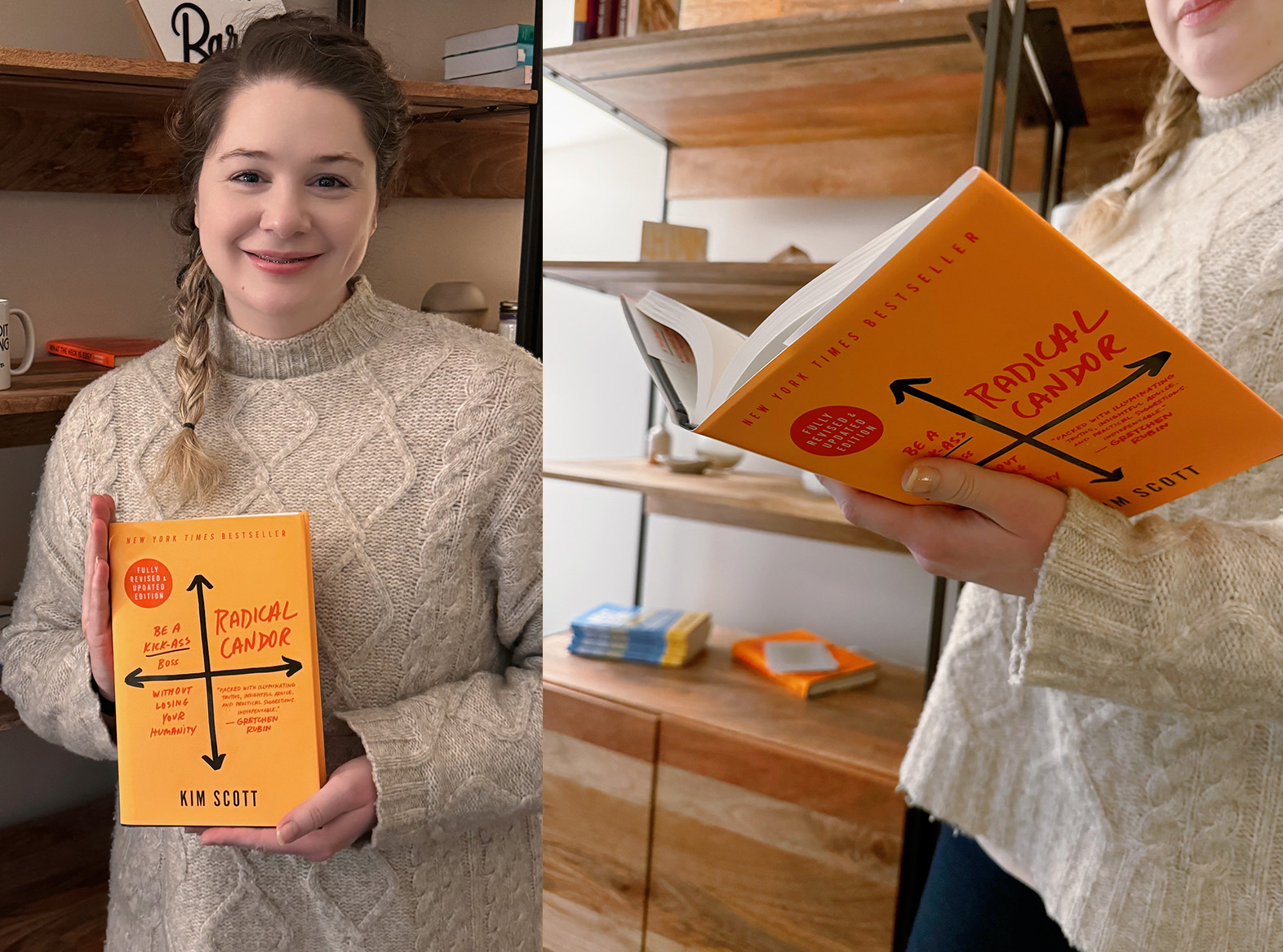We recently gave our team a bit of homework. We didn’t ask them to create an AI strategy or whip out an article for Lancet (however, both are in progress). We asked them to join us in reading “Radical Candor” by Kim Scott and to consider how they could incorporate her teachings on building a team based on trust.
What is radical candor?
The philosophy of radical candor addresses the question, “How can I give constructive criticism without looking like a jerk?” Radical candor is two-pronged: giving difficult feedback to someone while expressing how much you care about them . It’s a mix of praise, actionable next steps, and compassion. Kim Scott also warns of “ruinous empathy” in which people make the mistake of giving superfluous praise or sugarcoat negative feedback rather than risking difficult conversations.
Why is that important to us?
We’re passionate about what we do. Our medical communications services help our clients share their breakthroughs and innovations, which ultimately help clinicians, patients, and caregivers. Practicing radical candor helps to ensure we’re producing the best quality work, and helps us avoid being ruinously empathetic just because we like people.
How we’re adopting radical candor
When we talked about the book, we agreed on how to apply its lessons in our daily work.
- Listening (duh) — “Feedback is measured at the listener’s ear.” The radical candor philosophy requires keeping your ears open. Being willing to hear and accept feedback, especially for improvement, is a pillar in practicing radical candor.
- Giving feedback — Be brave yet tactful when giving feedback and remember the point above (choose your words carefully). Provide feedback quickly (don’t wait for formal meetings) while being helpful rather than hurtful. At JB Ashtin, we want to develop people, not destroy.
- Building trust — Our practice of communication is built on a culture of trust. We need to assume good intent and trust that feedback is based on our dedication to our staff, clients, and mission.
We are intentional about continually improving how we work with our team and clients. “Radical Candor” reminds us, in a fun and positive way, that it’s always best to practice clear communication when giving feedback.

